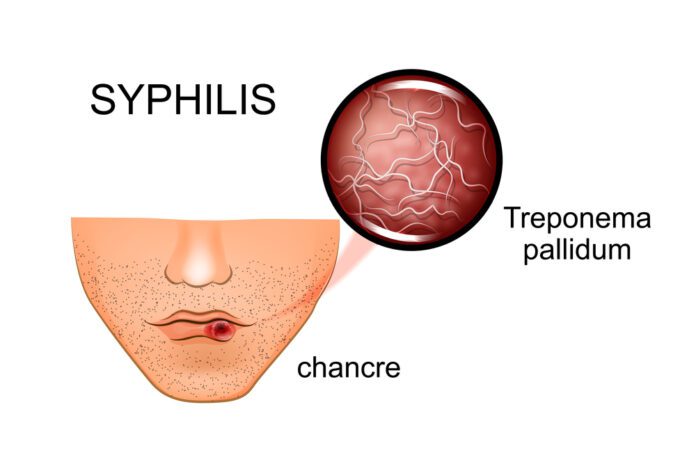Overview Of Syphilis, Congenital
Congenital Syphilis is a severe, disabling, and often life-threatening infection seen in infants. A pregnant mother who has syphilis can spread the infection through the placenta to the unborn infant.
Commonly Associated With
Fetal syphilis
Causes Of Syphilis, Congenital
Congenital syphilis is caused by the bacteria Treponema pallidum, which is passed from mother to child during fetal development or at birth. Up to half of all babies infected with syphilis while they are in the womb die shortly before or after birth.
Despite the fact that this disease can be cured with antibiotics if caught early, rising rates of syphilis among pregnant women in the United States have increased the number of infants born with congenital syphilis since 2013.
Symptoms Of Syphilis, Congenital
Most babies who are infected before birth appear normal. Over time, symptoms may develop.
In babies younger than 2 years old, symptoms may include:
- Enlarged liver and/or spleen (mass in belly)
- Failure to gain weight or failure to thrive (including prior to birth, with low birthweight)
- Fever
- Irritability
- Irritation and cracking of the skin around the mouth, genitals, and anus
- Rash starting as small blisters, especially on the palms and soles, and later changing to copper-colored, flat, or bumpy rash
- Skeletal (bone) abnormalities
- Not able to move a painful arm or leg
- Watery fluid from the nose
Symptoms of congenital syphilis in older infants and young children may include:
- Abnormal notched and peg-shaped teeth, called Hutchinson teeth
- Bone pain
- Blindness
- Clouding of the cornea (the covering of the eyeball)
- Decreased hearing or deafness
- Deformity of the nose with flattened nasal bridge (saddle nose)
- Gray, mucus-like patches around the anus and vagina
- Joint swelling
- Saber shins (bone problem of the lower leg)
- Scarring of the skin around the mouth, genitals, and anus
Exams & Tests
If congenital syphilis is suspected at the time of birth, the placenta will be examined for signs of the disease. A physical examination of the infant may show signs of liver and spleen swelling and bone inflammation.
A routine blood test for syphilis is done during pregnancy.
The mother may receive the following blood tests:
- Fluorescent treponemal antibody absorbed test (FTA-ABS)
- Rapid plasma reagin (RPR)
- Venereal disease research laboratory test (VDRL)
An infant or child may have the following tests:
- Bone x-ray
- Dark-field examination to detect syphilis bacteria under a microscope
- Eye examination
- Lumbar puncture (spinal tap) – to remove spinal fluid for testing
- Blood tests (similar to those listed above for the mother)
Treatment Of Syphilis, Congenital
Penicillin is the drug of choice for treating this problem. It may be given by IV or as a shot or injection. Other antibiotics may be used if the baby is allergic to penicillin.



